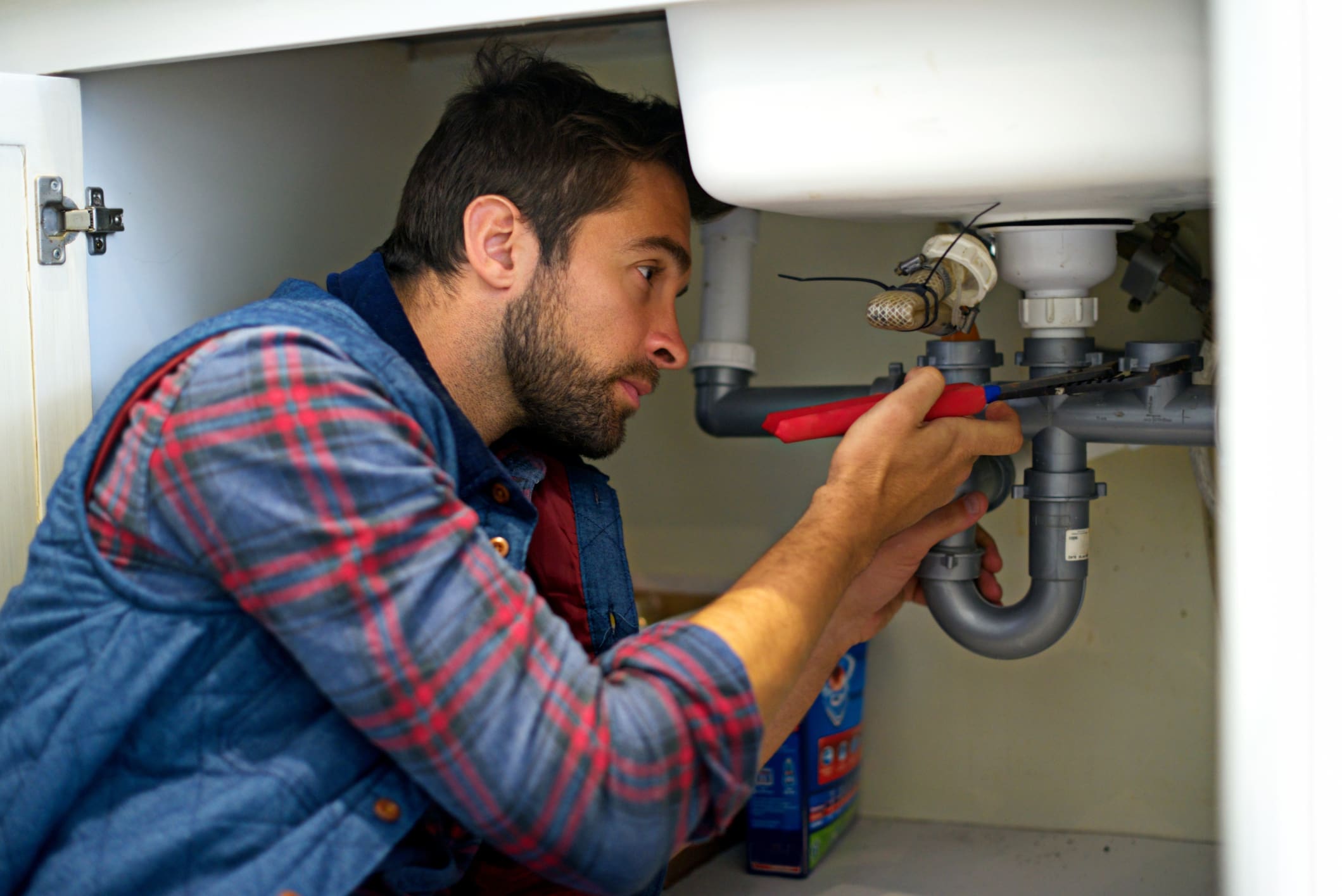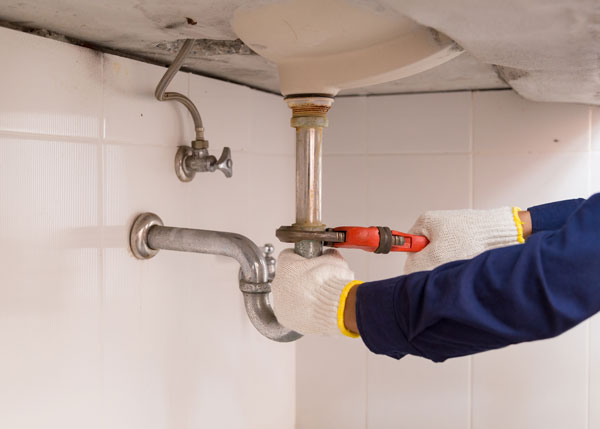All Categories
Featured
Prior to you hurry to call a plumbing or make some poor Do it yourself option, you might want to take a look at these pipes tricks that can conserve you time and money. It is very important to understand where you water turned off valve remains in your home, as this can conserve you from even more serious damages when pipes problems occur.
Once whatever is turned off, take an appearance at your water meter. A continued motion on your water meter when all water resources are turned off is a clear red flag that requires immediate attention.
Nonetheless, slow drains are frequently an early warning sign of a bigger concern. It could suggest a clog planned, an issue with your sewage system line, and even tree roots infiltrating your pipes. As opposed to awaiting the drainpipe to end up being completely blocked, do something about it as quickly as you discover a downturn.

If these do not work, it might be time to call a professional. Ignoring the concern can cause a lot more serious and expensive troubles down the line. Recognizing where your primary water shutoff valve is can save you from potential water damages in situation of a significant leak or plumbing catastrophe.
Is Diy Plumbing Safe?
Guarantee every house adult recognizes where the shutoff valve is and just how to utilize it. In the occasion of a serious leakage, promptly shutting off your home's water system can reduce damages and offer you comfort while you await a plumber to get here. It's a preferred idea that chemical drainpipe cleansers are the ultimate remedy for stopped up drains a notion that could not be further from the reality.
The chemicals can corrode the inner lining of the pipelines, leading to weakened structures, leakages, and also pipeline ruptureds. They can seep right into groundwater and pollute it, posturing risks to regional ecosystems.
These devices can effectively clear clogs without causing any type of damages to your pipelines. If these techniques don't function, don't hesitate to call a specialist. Also, bear in mind that prevention is always much better than remedy. Avoid pouring oil, oil, or any kind of solid waste down your drains pipes, as they can solidify and trigger blockages.

Over-tightening can lead to lots of problems, consisting of stripped screws and busted bolts, resulting in leakages or also water damage. This common blunder in DIY pipes projects can transform a small repair work right into an expensive endeavor.
Should I Hire A Plumber?
This ought to guarantee a great seal without damaging the suitable or the pipe. Keep in mind, if a leak takes place, it's less complicated (and usually less expensive) to tighten a fitting than to replace a damaged one. Plumbing's tape, or Teflon or string seal tape, is a must-have tool for each homeowner. It creates leak-proof seals at pipeline threads, avoiding leaks at joints and connections.

Prior to affixing any type of installations, take a minute to cover a couple of layers of plumber's tape around the threads in a clockwise instructions. See to it the tape covers all the strings and is covered tightly. This basic yet critical action can save you from dealing with irritating leaks down the line.
Remember that for larger concerns, expert help is constantly suggested. To avoid this from happening, think about installing pipe insulation.
Plus, during colder months, pipe insulation can assist stop your pipelines from freezing and bursting a situation that can result in expensive repair services. When it concerns securing components like faucets, several do it yourself fanatics intuitively grab a plumber's putty. There's an option that might offer you better silicone caulk.
Should I Do My Own Plumbing?
This adaptability enables it to suit minor changes or movements without breaking the seal, supplying a more resilient and resilient option. Simply keep in mind to allow the caulk cure entirely according to the producer's guidelines prior to revealing it to water to guarantee the best results. "Doping" in pipes describes using pipeline dope, or pipe joint compound, to the strings of pipes connections prior to they're screwed together.
Latest Posts
Pipe Repair
Roofing Repair local to
Local Roofer